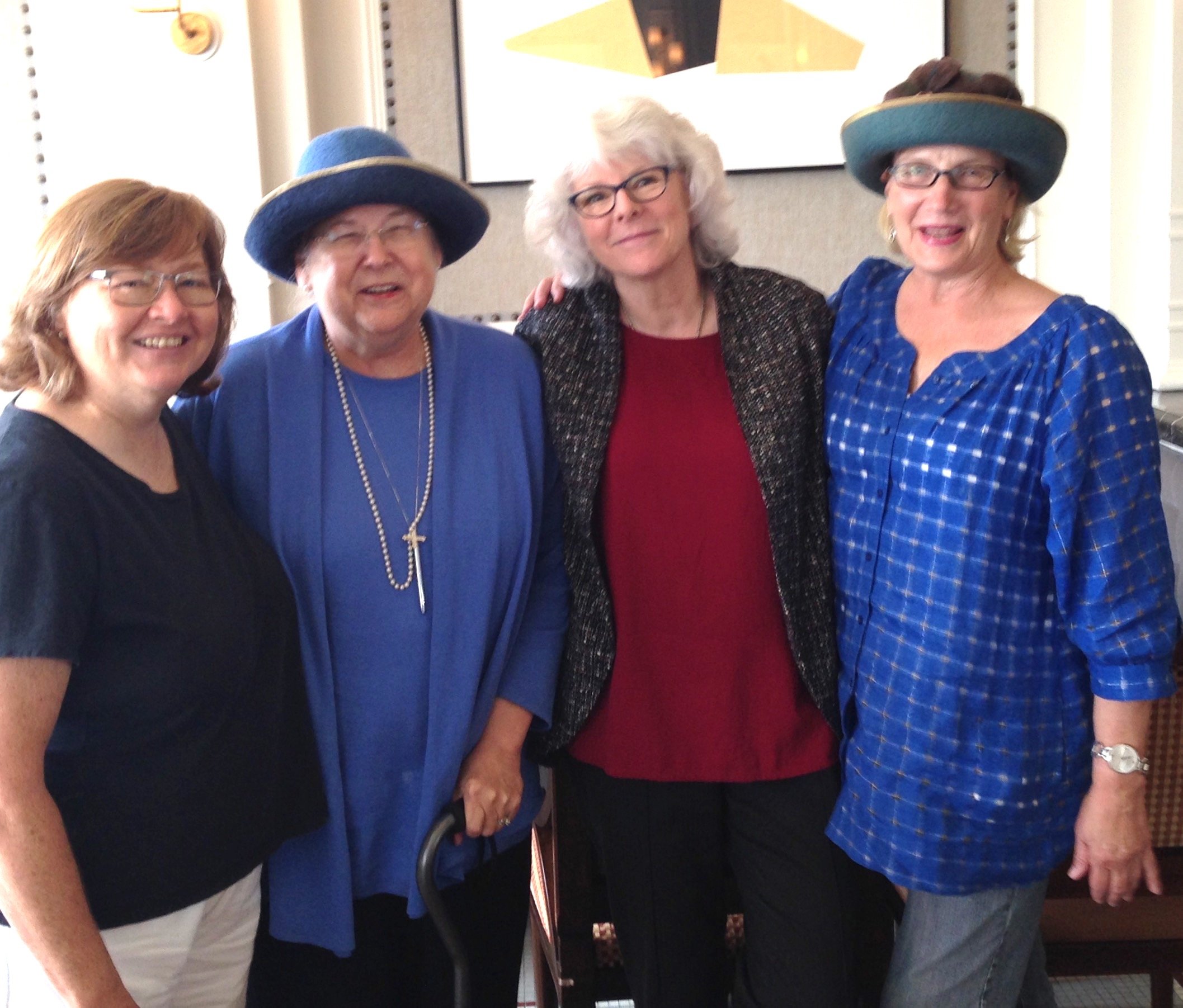First Soul Friend
“Finally, I suspect that it is by entering that deep place inside us where our secrets are kept that we come perhaps closer than we do anywhere else to the One who, whether we realize it or not, is of all our secrets the most telling and the most precious we have to tell.”—Frederick Buechner, Frederick Buechner Center, Quote of the Day, formerly in Telling Secrets
Kenneth Leech’s book, Soul Friend, an Invitation to Spiritual Direction, was the first book I read on spiritual direction over thirty years ago. Something was calling me to be more connected with other spiritual friends. I was going to a counselor who helped me deal with life on life’s terms, but somehow, I instinctively knew I needed a friend who cared for my soul, concentrating on helping me see the God of my understanding working in my life.
I learned the importance of sharing ideas and consulting with others in my medical practice. I knew from many mistakes that when I tried to make decisions without getting input from others, I often went down the wrong path and made the incorrect diagnosis.
How do you find someone you can trust with your soul? Spiritual directors were rare breeds at that time. It had to be someone I trusted with my fears and secrets. I knew I shared my life with my family members, but my direction or path to God always affected them directly or indirectly. I needed to talk or be with someone who was not explicitly affected by the insights we might have.
After some time, I found another friend, Dean McMillin, in a book group. She was also seeking a soulmate and a spiritual friend. We read Leech’s book together. Leech had so much to teach us, but we concentrated on this message. We met once a week.
We each told what was going on in our lives, our secret worries, our concerns, our fears, and where we thought God might be working. We each talked without interruption or interpretation. There was no advice to the other, nor was there empathy or sympathy. We just listened. Then, we prayed for each other, specifically for each other’s concerns.
I am sure Leech would have wanted us to do more, but that was a start for both of us. It connected us to God by telling our stories to someone else. In doing so, these secrets lost their power over us, and somehow, we entered the secret place inside of us where God was dwelling.
It was a start. I learned a little about how the power of secrets and fears can seal us off from God. We no longer meet, but we are still friends and trust each other. We give thanks for this time when our journeys brought us together and started both of us on a new journey.
I have more soul mates now. Many are from my spiritual direction class at Kanuga. Many others have traveled beside me for years as we have supported each other. Soul mates are now writers like Barbara Brown Taylor, Phyllis Tickle, Kate Bowler, Dean Kate Moorehead Carroll, Frederick Buechner, and Henri Nouwen, who visit us daily in their writing. I don’t know how people make this journey without soul friends.
This kind of friend is invaluable, a gift from God. If you are looking for one, keep it in your prayers. My experience is this kind of treasured spiritual friend will materialize.
Joanna joannaseibert.com










